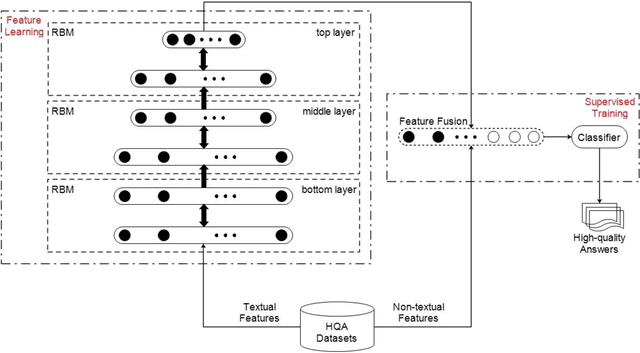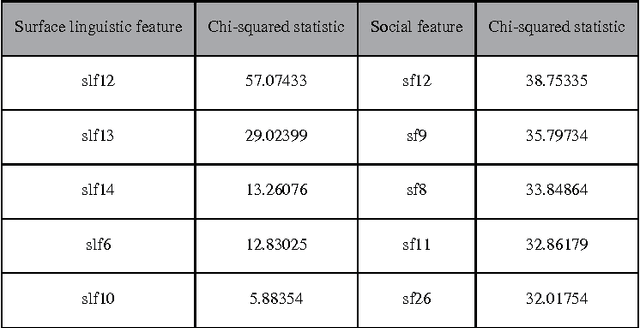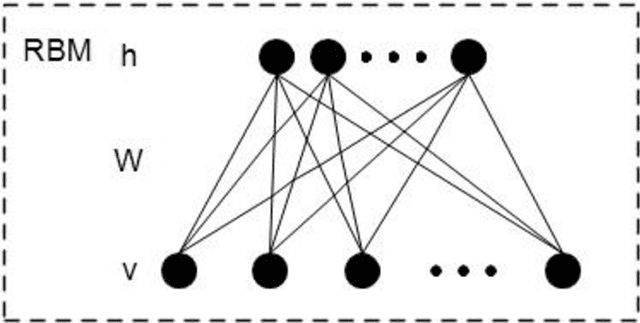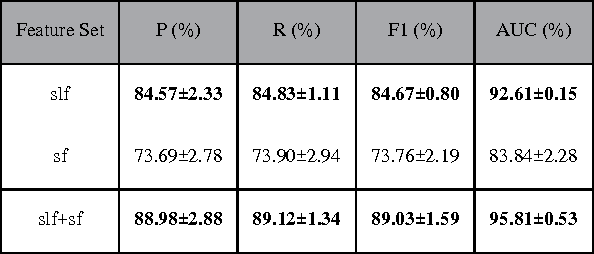A deep learning approach for predicting the quality of online health expert question-answering services
Paper and Code
Dec 21, 2016



Currently, a growing number of health consumers are asking health-related questions online, at any time and from anywhere, which effectively lowers the cost of health care. The most common approach is using online health expert question-answering (HQA) services, as health consumers are more willing to trust answers from professional physicians. However, these answers can be of varying quality depending on circumstance. In addition, as the available HQA services grow, how to predict the answer quality of HQA services via machine learning becomes increasingly important and challenging. In an HQA service, answers are normally short texts, which are severely affected by the data sparsity problem. Furthermore, HQA services lack community features such as best answer and user votes. Therefore, the wisdom of the crowd is not available to rate answer quality. To address these problems, in this paper, the prediction of HQA answer quality is defined as a classification task. First, based on the characteristics of HQA services and feedback from medical experts, a standard for HQA service answer quality evaluation is defined. Next, based on the characteristics of HQA services, several novel non-textual features are proposed, including surface linguistic features and social features. Finally, a deep belief network (DBN)-based HQA answer quality prediction framework is proposed to predict the quality of answers by learning the high-level hidden semantic representation from the physicians' answers. Our results prove that the proposed framework overcomes the problem of overly sparse textual features in short text answers and effectively identifies high-quality answers.
 Add to Chrome
Add to Chrome Add to Firefox
Add to Firefox Add to Edge
Add to Edge